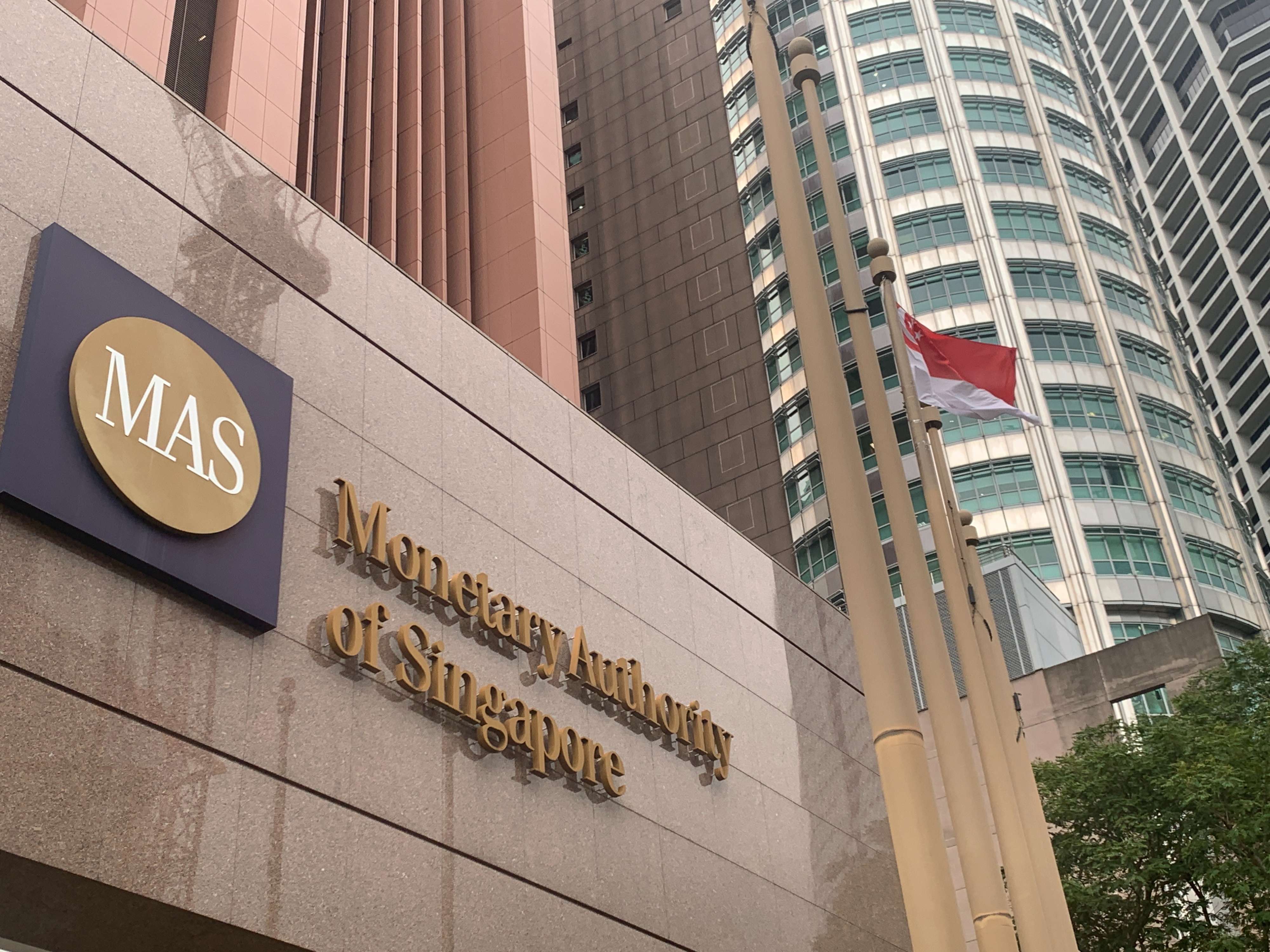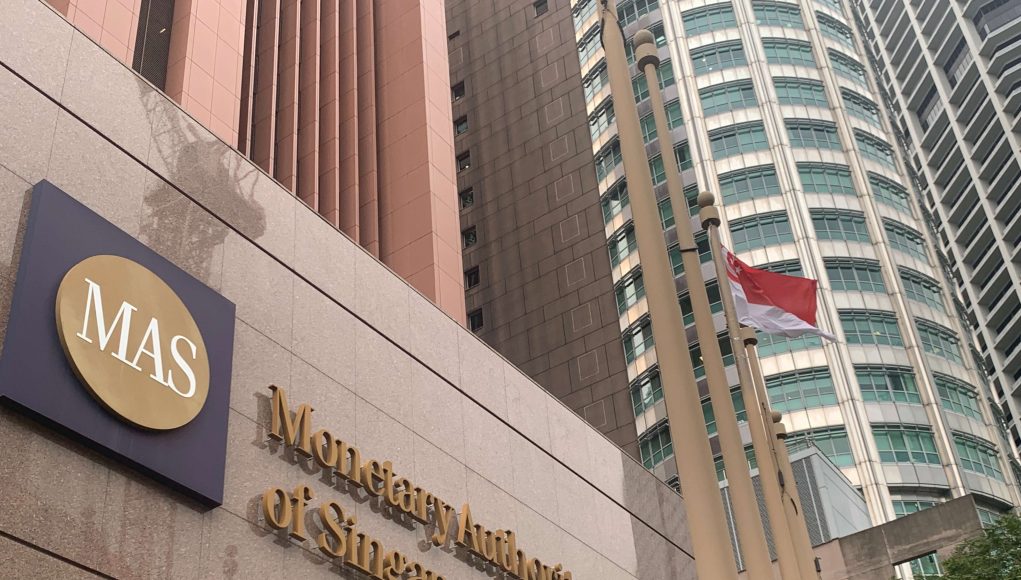(Singapore 10 May 2023) Since July 2017 to the close of 2022, Monetary Authority of Singapore has issued a total of 73 prohibition orders (POs) to persons in finanicial institutions (FIs) who have been convicted of offences involving dishonesty, said Tharman Shanmugaratnam, Senior Minister and Minister in charge of MAS.
He made such remarks in reply to Parliamentary Question on measures to prevent dishonest or corrupt persons from working in the financial sector.

He said MAS expects financial institutions to recruit and retain persons who are fit and proper to conduct regulated financial activities and hold key roles in FIs. FIs are required to establish policies and processes to ensure this. This includes doing reference checks and verifying the person’s past employment records, regulatory status, and disciplinary and criminal history, if any.
MAS has also been issuing prohibition orders (POs) to persons who have been convicted of offences involving dishonesty. MAS notifies all FIs when a person has been issued a PO and publishes such POs on the MAS website. While a PO is in effect, FIs are prohibited from employing the person who has been issued the PO to perform the specified regulated activities.
MAS’s current powers to issue POs are generally limited to persons carrying out regulated activities in the financial sector. These powers will be expanded when the Financial Services and Markets Act comes into effect. Under the Act, MAS will also be able to issue a PO to any person who is not fit and proper to perform key roles, activities and functions in the financial sector, including those seeking to join the sector.
A person with a past record of dishonesty or with a previous PO is not automatically deemed as not being fit and proper. FIs have to assess a person’s fitness and propriety holistically, in considering if the person is fit for the role.
MAS has allowed persons with past records of dishonesty to enter the financial industry, having considered the seriousness and circumstances of the person’s past record, the time that has elapsed since the offence, the responsibilities to be assumed, and the controls put in place by the FI to monitor the person’s conduct.
In each case, MAS carefully weighs the need to protect financial services users against giving reformed individuals a second chance.
MAS does not maintain a database of all persons convicted by the courts of offences involving dishonesty. Criminal records are private and confidential information kept by the Police.





































